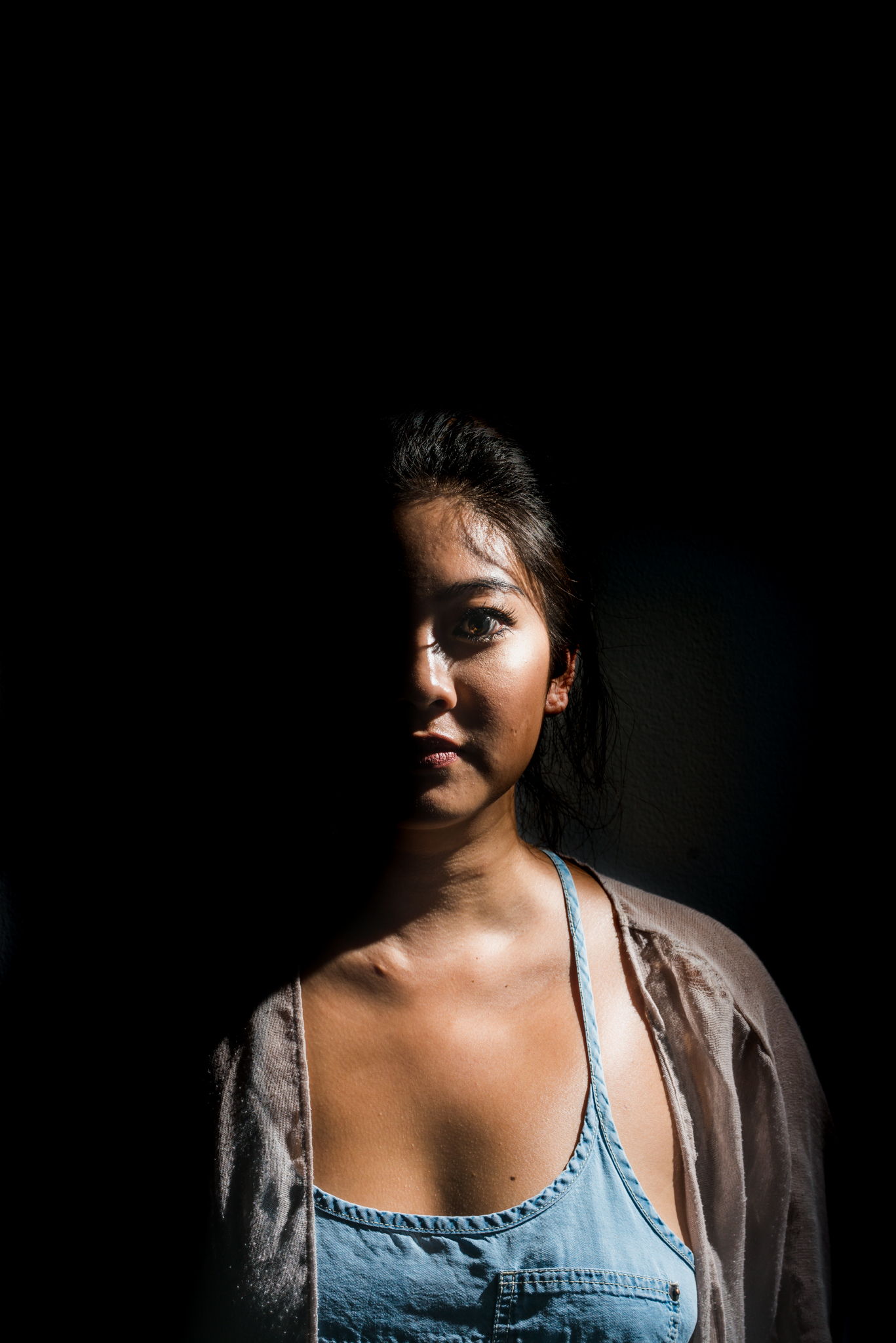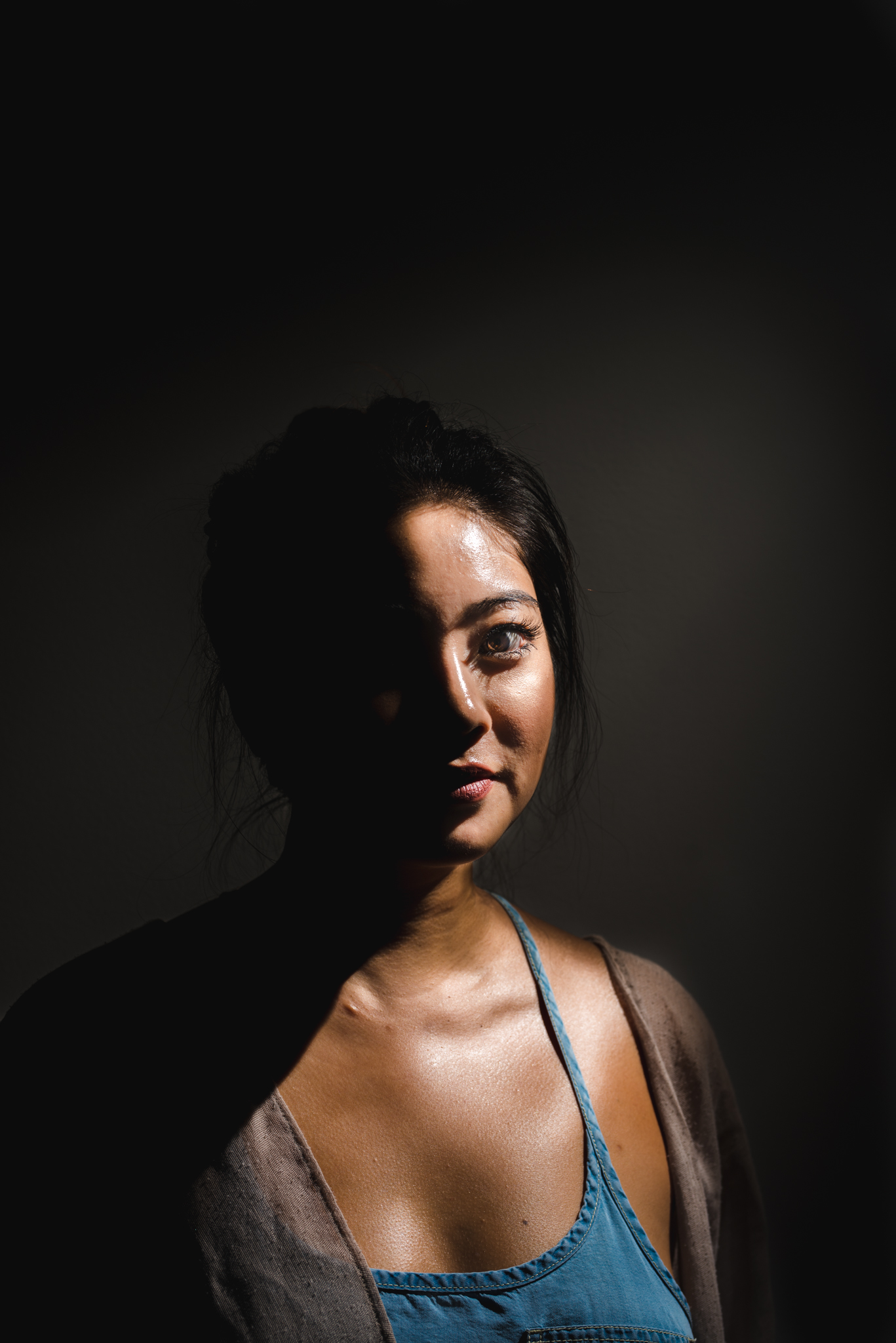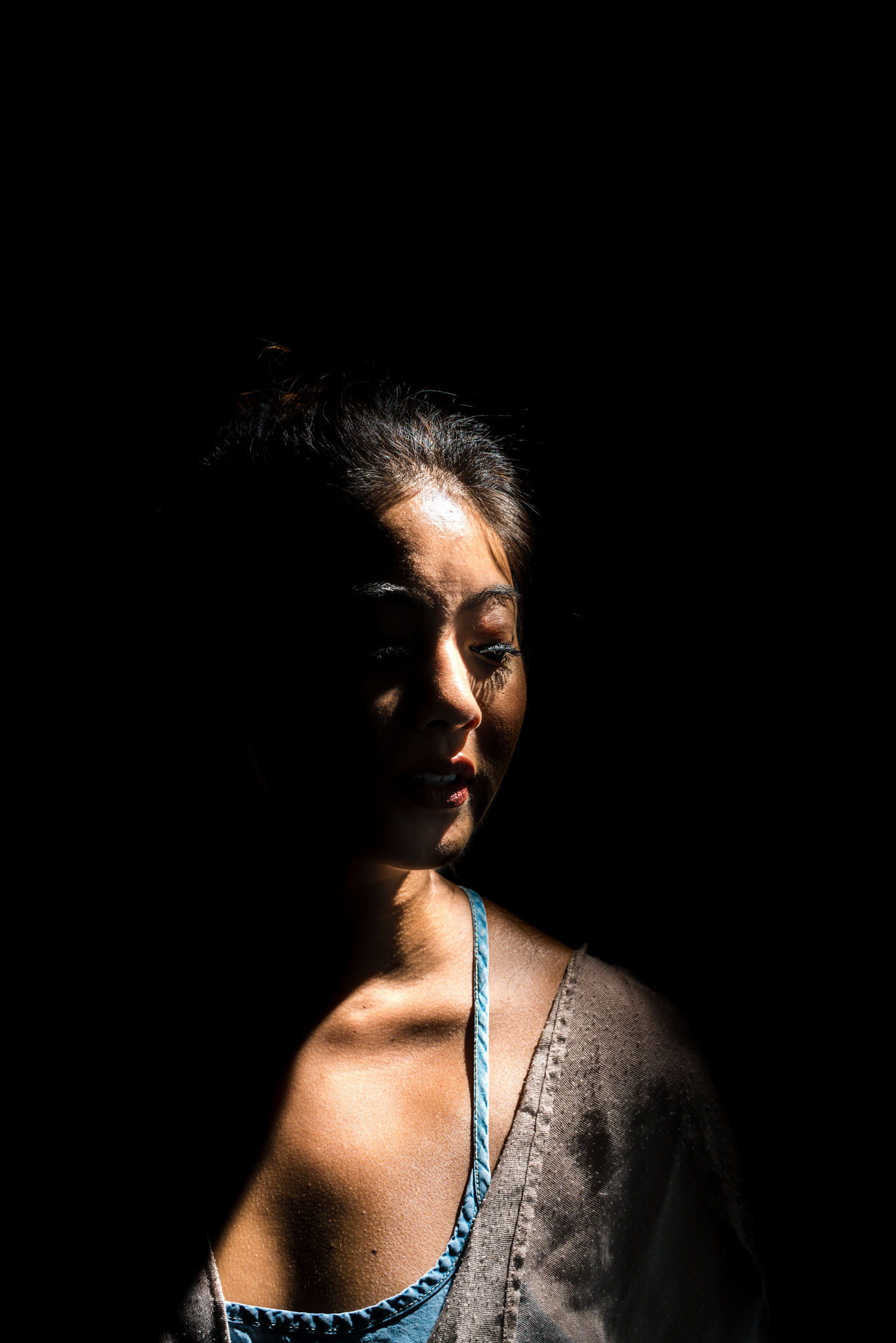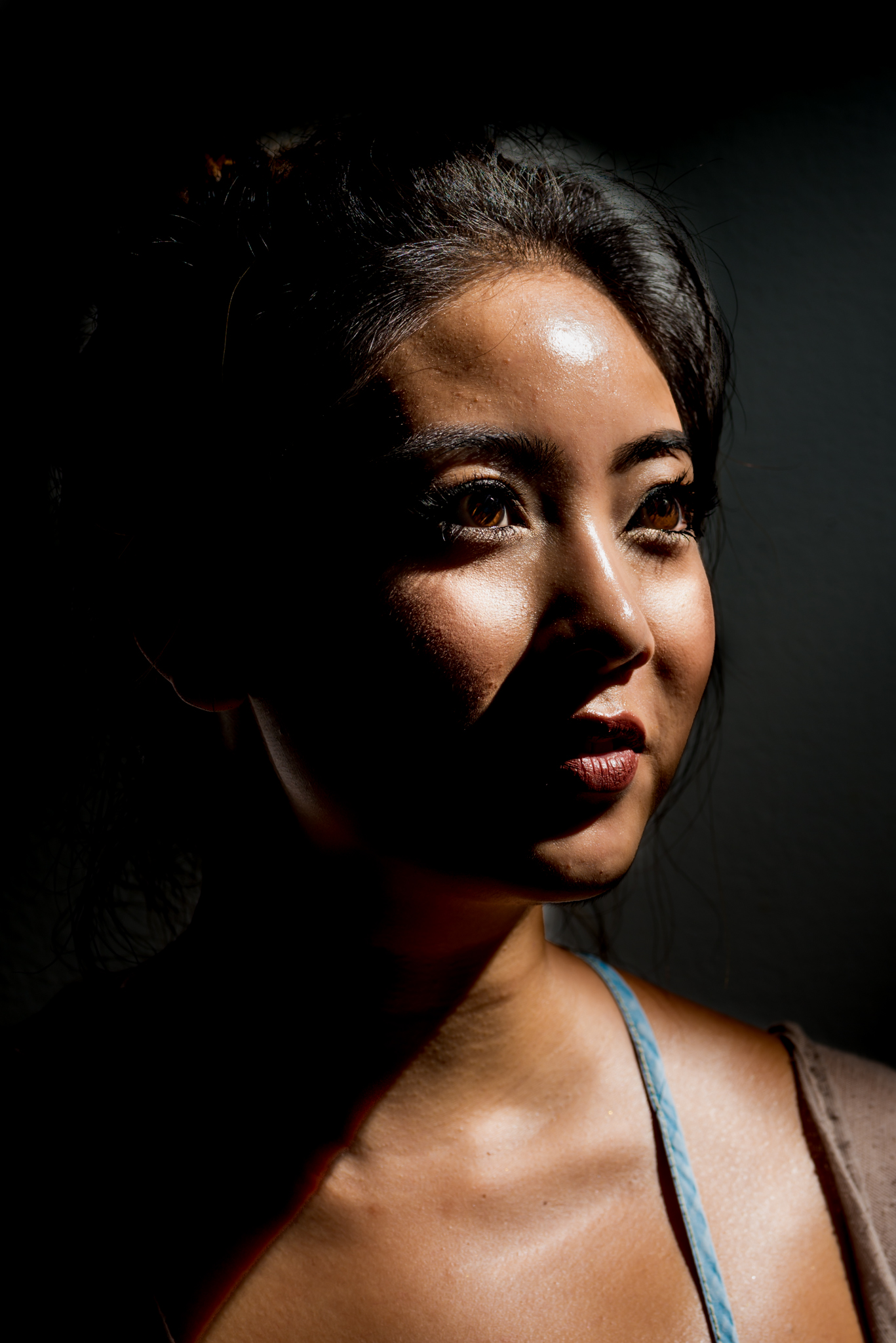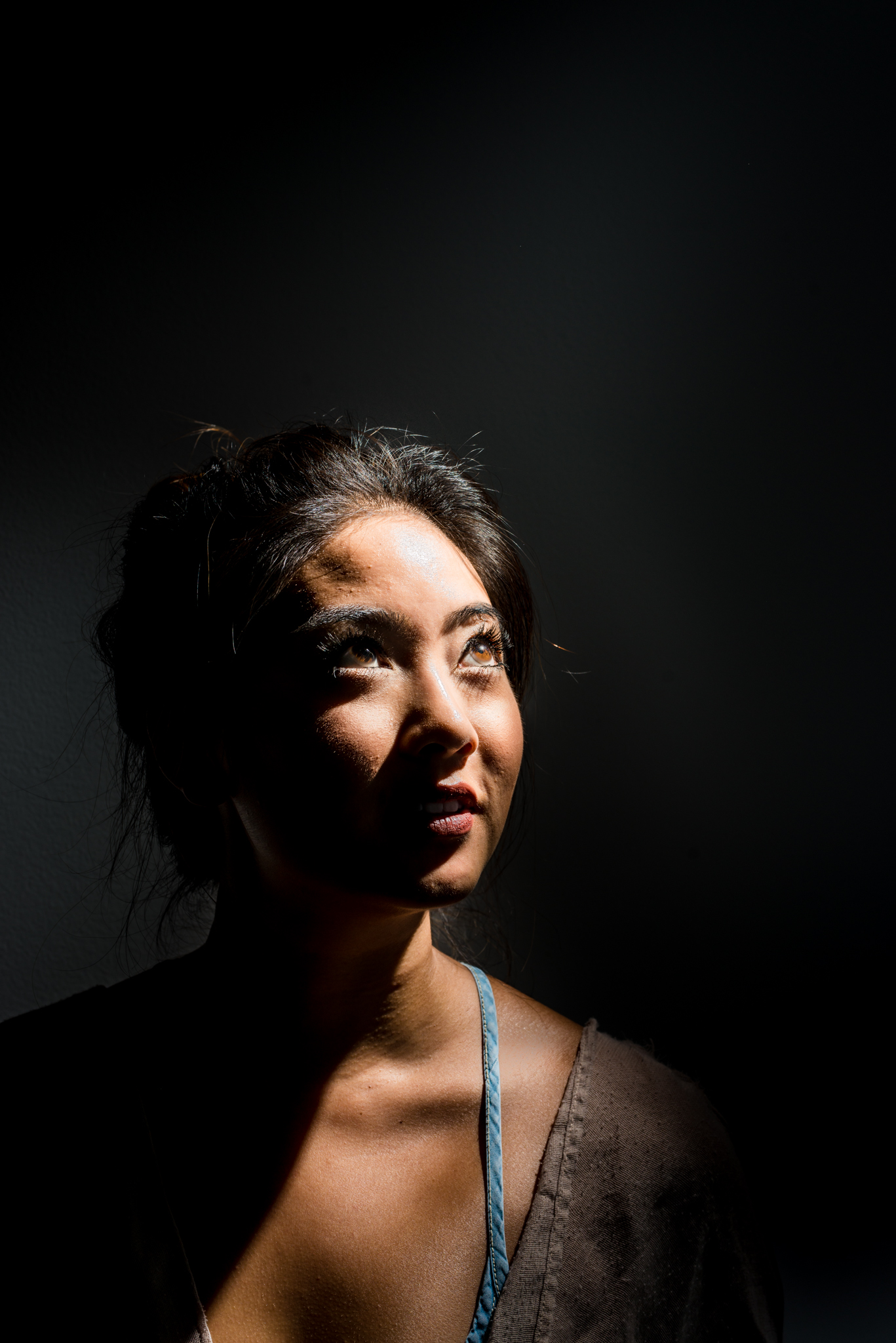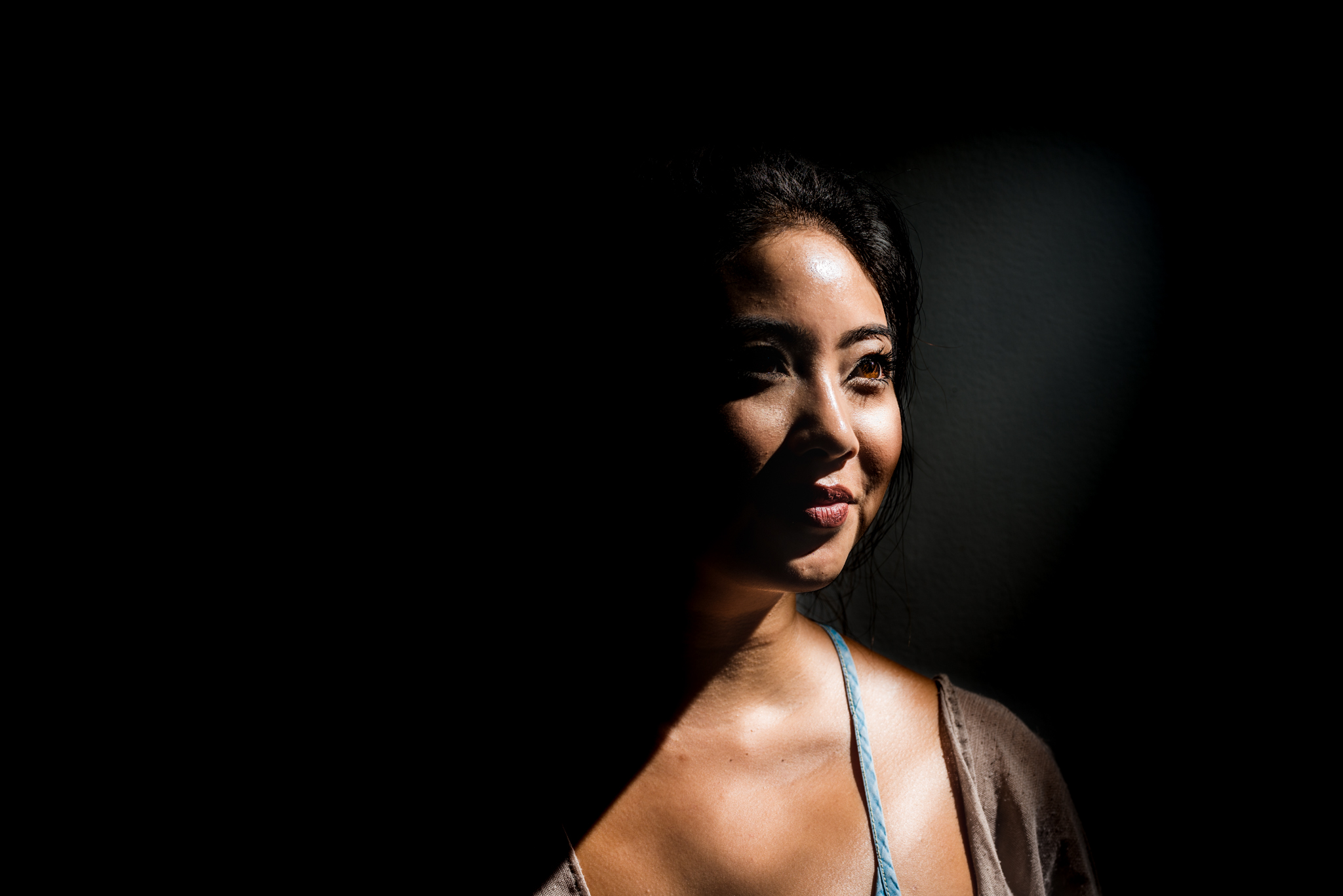The Other Side: Christal Chiu
“Being a minority really impacts the way I see the world.”
Christal Chiu is a recent graduate of NYU's Media, Culture, and Communication master's program.
On growing up as a California Asian American
I'm from California, the eldest of 3 daughters. I'm Asian American, ethnically Chinese. My parents both immigrated with their families when they were young children. I guess that makes me 2.5 generation.
Being a Californian Asian is very different than being Asian American in a lot of other parts of the country. Even though I was a statistical minority, there are still a good number of Asian Americans and people that looked like me—especially since I grew up in close proximity to San Francisco. It's very interesting now thinking back because there were definitely racialized comments and all the basic things that people hear like "you're basically white." Fortunately, I never felt outright discrimination, which is not to invalidate anyone who has. But all my best friends growing up were white and I think it's hard because it's a learning process since I'm older now and understand things better, so do [my friends]. It's all a learning process. If anything, now I feel like I'm not taken as seriously because I'm not more radical or because I'm understood to have assimilated well. It's that model minority myth working, which obviously I don't believe is true or beneficial. Being a minority really impacts the way I see the world. As a person of color and a woman, I definitely skew a lot more liberal on the political scale.
“It’s hard to separate what I care about and what I am. ”
On growing up in an Asian-American Christian household
I grew up in a beautiful neighborhood that my parents shouldn't have been able to live in, but people in the church were extremely generous. The way we got our house was, someone in the church wanted to sell the house to our parents because they wanted the pastor to live in a nice home, but my parents couldn't afford it. So they dropped the price, but my parents still couldn't afford it. [The couple] then asked "What can you afford?" My parents gave a number and the couple personally loaned them the rest so it's possible for my family to live in that house. My sisters and I went to private school K-12 because my mom was a preschool teacher and my dad was a pastor, so since it was a Christian school, they gave us free tuition. So even though there were struggles wider in my family, like my grandparents struggled here to establish themselves, I've been very privileged to have a family that comes from an educated background and have these jobs, and subsidized tuition, etc. So there definitely is good.
My parents immigrated here in the 60s. Both of my parents grew up in immigrant households in San Francisco, a city where you can actually be very connected to an immigrant community. My mom all through high school hung out w/ the immigrant kids and spoke Chinese. My dad hung out with the ABCs (American Born Chinese) since he moved here when he was 2. My family was much more driven by Christian values, (conservative Evangelical Christian values) than by culturally Chinese parenting norms. My parents would both definitely say that being a Christian is the most important part of their identities. My dad is a pastor and my mom is a preschool teacher at a Christian school. In fact, while I was growing up, my dad used to teach classes at his Chinese church about how to raise Chinese American children—and I think my parents did a pretty good job! Even though Christianity was so important in how my family functioned, now I understand how my parents’ “Chineseness” also came into play. I just read an article by Justin H.K. Tse—he writes about San Francisco Chinatown churches in the 60s-80s as more immigrants were coming in and names like mom's home church [were mentioned]. So I understand from where her conservative theology comes.
“Maybe it’s ok not to have the right answers and stumble, which is really beautiful.”
On digital space
I just finished my masters at NYU in Media, Culture, and Communication. I'm in the midst of writing my thesis, which is an exploration of what space means. In particular I'm looking at digital spaces and what kind of work that does to remake religious conversations and negotiate identity. How the decentralized nature of these digital communities work really well with queer theory, conversations about decolonized theology, and how it works really well together to create these spaces that change these very rigid [ideas], especially coming from evangelical circles [and] conversations about religion. It's hard to separate what I care about and what I am.
I'm always thinking about how our digital interactions affect our physical lives. It really came upon a very personal manner, and I think that's why it's been so hard for me to do this project because it's equally personal and equally academic. As I'm reading theology and theory, it's not just to put it down in academic form; it's also shaping the way I think. So I'm really doing some questioning on how I should be living, what does decolonizing really mean? What is the point to think about leaving space for people and giving people room? Maybe it's ok not to have the right answers and stumble, which is really beautiful. I think it really fights this liberalist mindset of always needing absolute answers and having things fit nicely when they don't. Life is messy. It's really important to hold people with ample space, but at the same time it's challenging because it doesn't give you a whole lot of direction on how to actually live your life. It's definitely a mindset on how you want to approach your life, but if I’m trying to figure out hard lines on theology and everything else, it's more difficult. All of that is impart of negotiation, especially identity because it's messy and things don't fit nicely in a category.
“That is the struggle of being a minority, not being recognized by your individual anything. You’re read as part of a larger group.”
On Stereotypes
People assume I'm dumb—or at least flighty, especially since I've dyed my hair a little lighter again, and it's a little longer. The term ABG, I think it's more of a west coast thing, but it stands for Asian Baby Girl. For example, think the girls that would wear bodycon dresses and go to Vegas every weekend, for like EDC (disclaimer: I don't believe that they are actually dumb). I think because of my look I get that assumption a lot. That is the struggle of being a minority. Not being recognized by your individual anything. You’re read as part of a larger group. That specific example is such a little thing in comparison to more harmful stereotypes that are cast on to different minority groups, but it all comes from being seen as a representation of an identity instead of as an individual.
I'm not a private person at all. I don't think it means I'm simple in the sense that you can know me quickly, I think people feel comfortable around me. But if I want you to know something, you will know it because I will tell you or show you. It's very important for everyone that our understandings of the world are constantly changing based on our experiences, and it's very important to leave room for that. People aren't fixed. You can have a wide range of emotions that you express in a given day. It's important to remember for anyone that people aren't flat. Everyone should be kinder and more gracious. We all need to slow down.





